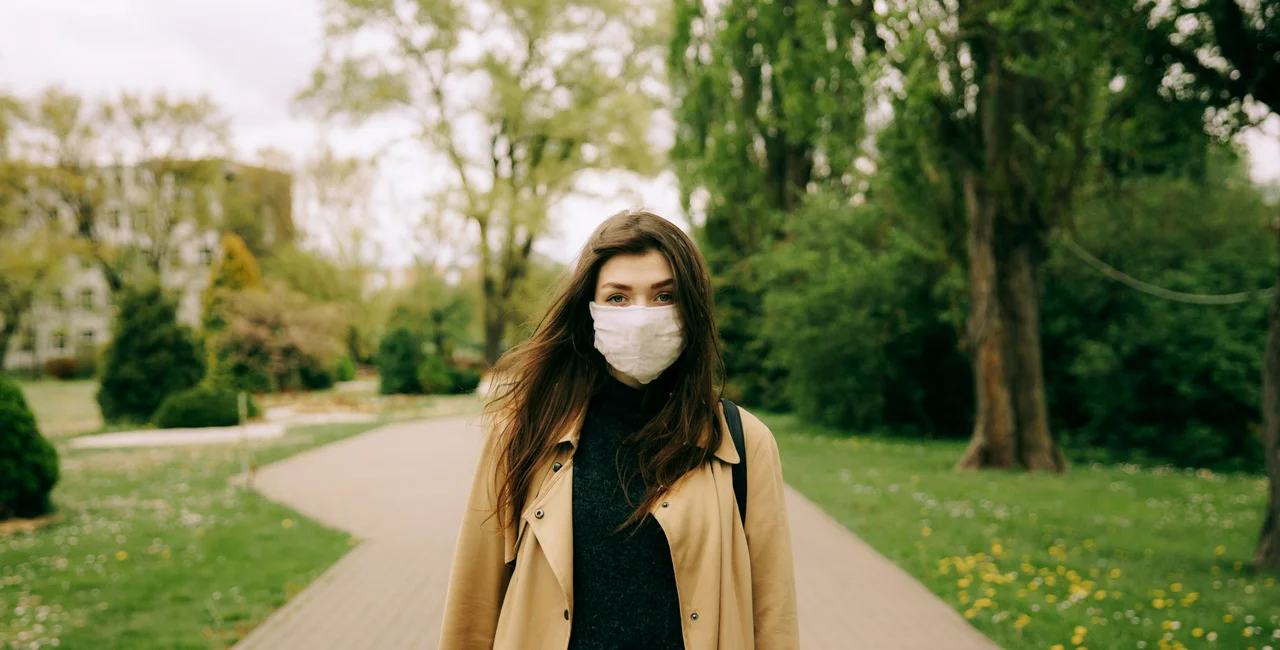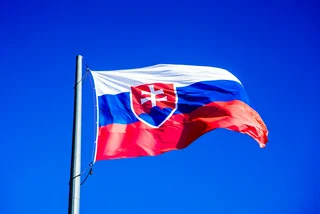The calculation of the PES risk index has changed, taking into account the proportion of hospitalized patients who have not recovered. This criterion replaces the percentage of positive tests. The change was presented by the Health Minister Jan Blatný (for ANO) at a press conference, which also outlined a new vaccination reservation system.
Using the new system, the PES risk number for the entire Czech Republic was calculated at 86, down from 89 on Jan 5, which was calculated with the old method. The entire country is at the fifth or highest risk level.
The number of confirmed cases was at 776,967. There was a record-setting increase of 17,278 new cases since the previous day. There are 126,348 active cases with 7,001 hospitalized. Some 638,183 people have recovered since the start of the pandemic and 12,436 have died.
The Czech Republic saw more deaths per year than usual until the end of November, with 114,781 fatalities within 11 months, which exceeded the record high annual figure in the past 10 years from 2015 with more than 113,000 deaths, according to the Czech Statistical Office (ČSÚ).
The COVID-19 vaccination of roughly 600,000 people in priority groups, mainly medical staff and people aged over 80, should be completed in March at the latest, Blatný (for ANO) said.
The vaccination reservation system will open to people older than 80 on Jan. 15 and it will be available to the broad public as of Feb. 1, Blatný confirmed.
The desired share of population to be vaccinated, 5 million people, should be given the vaccine by the end of summer, he said.
For now, the government vaccination strategy gives priority to the following groups: hospital healthcare professionals who treat patients with COVID-19, both clients and staff of retirement homes and people over 80 as they are more susceptible to develop a serious course of the disease.
Furthermore, vaccination priority is given also to general practitioners and pediatricians, soldiers, police members and firefighters who help curb the epidemic.
As of February, the public beyond the priority groups will be able to apply for the vaccine, too. The system will register them, but they will be given a vaccination date only after vaccination of the priority groups is accomplished, the ministry said.
Once vaccinated, people will receive a vaccination certificate. It will be available in the citizen's portal for printing at a Czech Point, for example. (See complete details here.)
About a half of the supply of the anti-COVID vaccines, which was to arrive on Thursday, Jan. 7, has already reached the Czech Republic, Blatný said.
The producer, Pfizer/BioNTech, has been delivering the vaccines directly to vaccination centers in hospitals. Earlier on Jan 5, Prague Mayor Zdeněk Hřib (Pirates) announced their arrival in Prague.
The Pfizer/BioNTech vaccines should be arriving in the Czech Republic every day.
Blatný said the Czech Republic has updated its demand for the supplies of this vaccine, which is the only one approved for the use in European Union so far. Instead of the originally ordered four million doses, the Czech Republic wants eight million, but they will arrive later.
The Health Ministry will release the data about the vaccine supplies and the number of vaccinations every Thursday, he said.
The first 9,750 doses reached the Czech Republic on Dec. 26,. Another supply of 23,400 doses arrived on Dec. 30.
The National Reference Laboratory has not detected the UK COVID-19 variant revealed in England in December, Health Minister Jan Blatný (for ANO) said. But he added it cannot be ruled out that it is in the Czech Republic, Blatný said.
This more contagious strain has already been detected in Slovakia, Germany, Austria, and France as well as in the United States and Japan, among others. The new variant is spreading faster, but there is no evidence that it might cause a more serious course of COVID-19.
Because of the new strain, negative antigen or PCR coronavirus tests are required on arrival in the Czech Republic for those who spent more than 12 hours in Britain or Northern Ireland in the past 14 days. The test must be performed in Britain 72 hours before the travel at the most. Home quarantine remains compulsory on arrival from Britain, with people being able to undergo other tests after five days at least.












 Reading time: 3 minutes
Reading time: 3 minutes 




 English
(Advanced)
English
(Advanced)



























